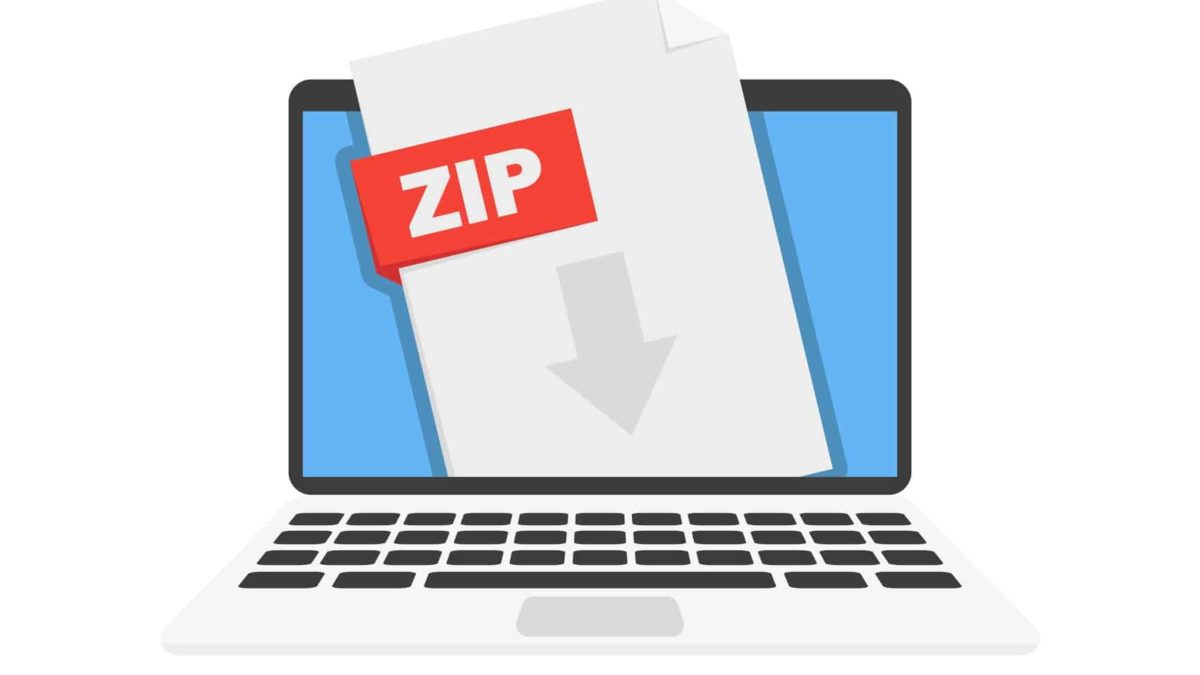It's been a shocking past month for the Zip Co Ltd (ASX: ZIP) share price, placing it within the top 10 worst-performing stocks inside the S&P/ASX All Ordinaries Index (ASX: XAO) during this period.
While the benchmark tip-toed 2% lower, shares in the buy now pay later (BNPL) provider descended 36.9% to 26 cents during a tough month of trading. The pain was shared by fellow fintech company Block Inc (ASX: SQ2), seeing its share price widdled away by 9%.
Although, the difference between a 9% and a 37% decline is stark. So, why is the market slapping Zip with repetitive 52-week lows this last month?
Will high rates linger?
The Zip share price is feeling the pinch again today, with shares sliding 7% in afternoon trade. Yet, the company has not announced price-sensitive information since its FY23 results update on 29 August.
The only recent news to note is the company's partnership with payment automation provider Primer. In the absence of 'big news', investors could be responding to macroeconomic jitters.
Zip is heavily exposed to interest rates due to the nature of its business model. When someone checks out with a buy now, pay later solution, Zip taps a loan from a bank to facilitate the transaction.
The company needs to earn enough to repay the bank (with interest) through its merchant fees and other charges. This means the unit economics is exposed to shifts in interest rates, given it is a direct cost of doing business.
According to its preliminary report, Zip incurred an interest expense of $159.6 million in FY23 — increasing 116.2% from $73.8 million in FY22.
The BNPL player is quick to note that the increase represents only 1.8% of underlying volumes, compared to the previous 0.9%, due to "increases in base rates across all markets in which Zip operates." However, let's look at the portion of the company's revenue this expense is consuming:
- FY23: 23% of revenue consumed by interest expense
- FY22: 12.4% of revenue consumed by interest expense
Clearly, interest rates can have a large impact on the earnings potential of such a business.
Unfortunately, warnings of higher for longer interest rates have been made in recent days, potentially impacting the Zip share price.
For example, JBWere chief investment officer Sally Auld believes services inflation remains sticky. In an address at a Property Council of Australia event, Auld said:
The best we can hope for is that rates don't go up any more… They're not going lower any time soon.
Considering the enlarged cost high rates bear on the Zip business, investors might be taking heed.
Unchartered waters for the Zip share price
Providing the double whammy, market onlookers are becoming wary of what a weak economy could mean for delinquencies.
In the United States, late payments on credit cards are rising swiftly. Moreover, smaller US banks are seeing late payments reach an all-time high.
Fitch Ratings analyst Michael Taiano believes it could be culminating into a 'toxic brew of concerns', stating:
You have an industry with a higher concentration of subprime borrowers in a market that hasn't been effectively tested through [this type of economy], and you have a kind of a toxic brew of concerns.
While Zip reported reduced bad debts and expected credit losses in FY23, the market is keeping its eyes on what may lie ahead for the Zip share price.









